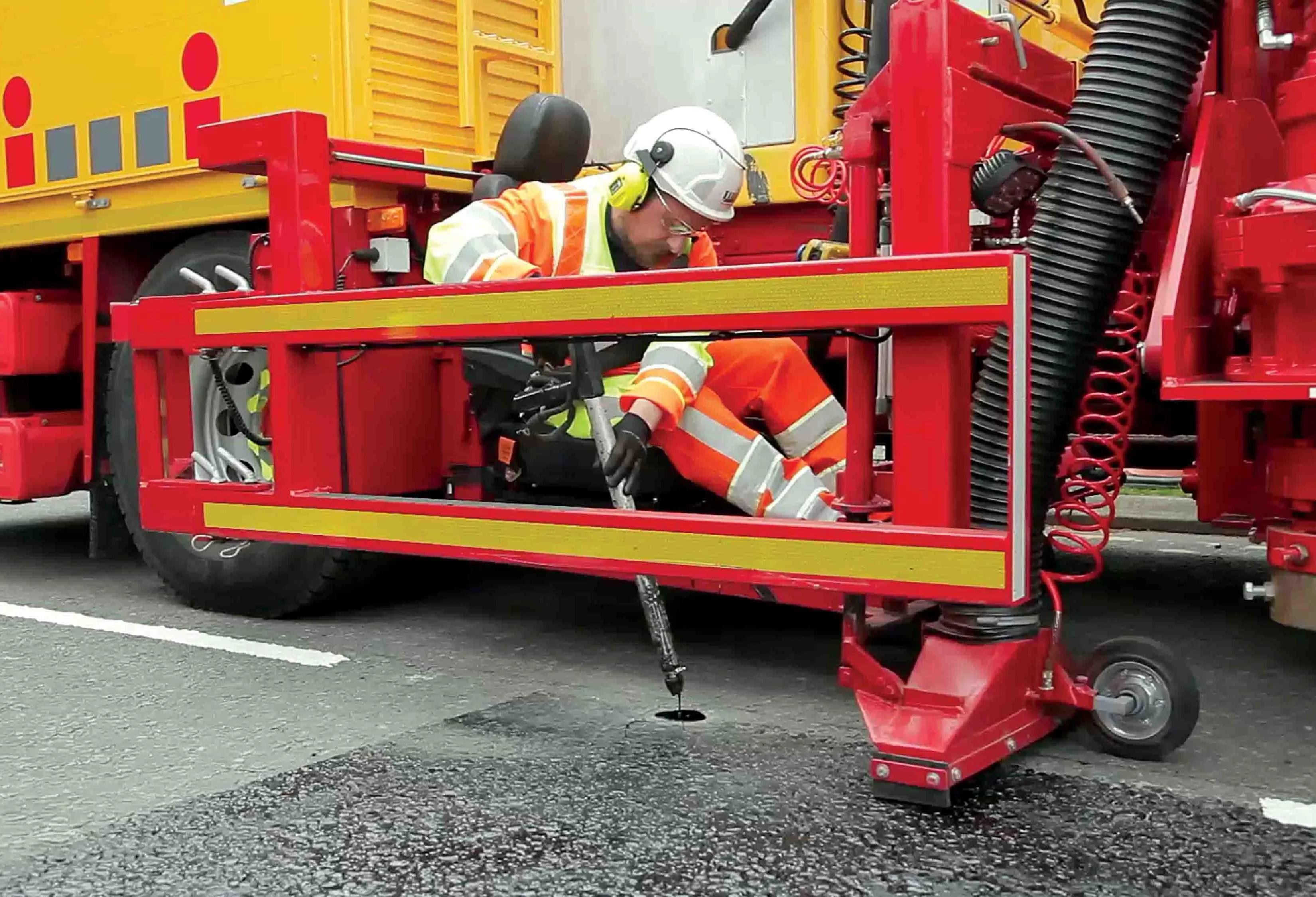Safety amongst company vehicle drivers is under the spotlight in the UK following a series of serious accidents. Research undertaken by the UK's Department of Transport into unlicensed driving has found that the time spent by unlicensed drivers on the road is a significant menace to road users. Companies have a Duty of Care to check employee's driver's licences at least every 12 months under the Health and Safety Act.
May 4, 2012
Read time: 3 mins
Safety amongst company vehicle drivers is under the spotlight in the UK following a series of serious accidents.
Research undertaken by the UK’s5432 Department for Transport into unlicensed driving has found that the time spent by unlicensed drivers on the road is a significant menace to road users. Companies have a Duty of Care to check employee’s driver’s licences at least every 12 months under the Health and Safety Act. But merely visually checking the driving license is no guarantee that they will be immune from prosecution should the employee commit an offence, or be involved in an accident, and may be liable to prosecution if it is proven that the company has not fulfilled its legal duties. It is essential for any company that expects its employees to drive company, or their own vehicles, on company business, to ensure that employee driving licence checks are up to date, so as to form an integral part of their risk assessment policy, act as an endemic feature of their corporate responsibility, and to provide legal cover for their business. This is particularly relevant as in the event of an accident, or fatality, involving an unlicensed driver, the company itself faces the risk of Corporate Manslaughter charges if it is shown that they have not checked the employee licence fully. The problem arises as many companies fall into the trap that they believe they have satisfied their legal requirements by visually inspecting their employees driving licenses; hence it is essential that the employer ascertains whether this a true licence check, or are they simply inspecting a document provided by their staff.
The fact of the matter is virtually no UK company has in its possession, or access to, the latest driver record held by a licence authority such as the5244 Driver Vehicle Licensing Agency. Most employers are not aware, although it is their legal responsibility, of the member of staffs licence details, endorsements, penalty points, convictions, category entitlements or medical requirements.
A new service from LICENCECHECK aims to tackle the issue though and provide an effective solution regarding the dangers of inadequate driver licence checking and monitoring. The driving licence checking and monitoring service allows fleet managers, HR departments, directors and business owners and others, to truly validate the driver licence records, as recorded at the DVLA. This service is able to cover any person driving on company business whether an employee, employee nominated driver, contracted agent, or any type of individual who has the use of or approval to drive a vehicle on company business. The service can also provide pre-screening prior to offering of employment. The process is within the bounds of the data protection act as a check can only be made after employees have provided written consent, which once given is valid for up to three years.
The driving licence checking and monitoring service has been developed to cater for any size of company, from small businesses to major corporate entities, small fleets to large logistic organisations, public sector bodies, employment agencies or any business that allow employees or workers to drive on company business at any time.
Research undertaken by the UK’s
The fact of the matter is virtually no UK company has in its possession, or access to, the latest driver record held by a licence authority such as the
A new service from LICENCECHECK aims to tackle the issue though and provide an effective solution regarding the dangers of inadequate driver licence checking and monitoring. The driving licence checking and monitoring service allows fleet managers, HR departments, directors and business owners and others, to truly validate the driver licence records, as recorded at the DVLA. This service is able to cover any person driving on company business whether an employee, employee nominated driver, contracted agent, or any type of individual who has the use of or approval to drive a vehicle on company business. The service can also provide pre-screening prior to offering of employment. The process is within the bounds of the data protection act as a check can only be made after employees have provided written consent, which once given is valid for up to three years.
The driving licence checking and monitoring service has been developed to cater for any size of company, from small businesses to major corporate entities, small fleets to large logistic organisations, public sector bodies, employment agencies or any business that allow employees or workers to drive on company business at any time.







